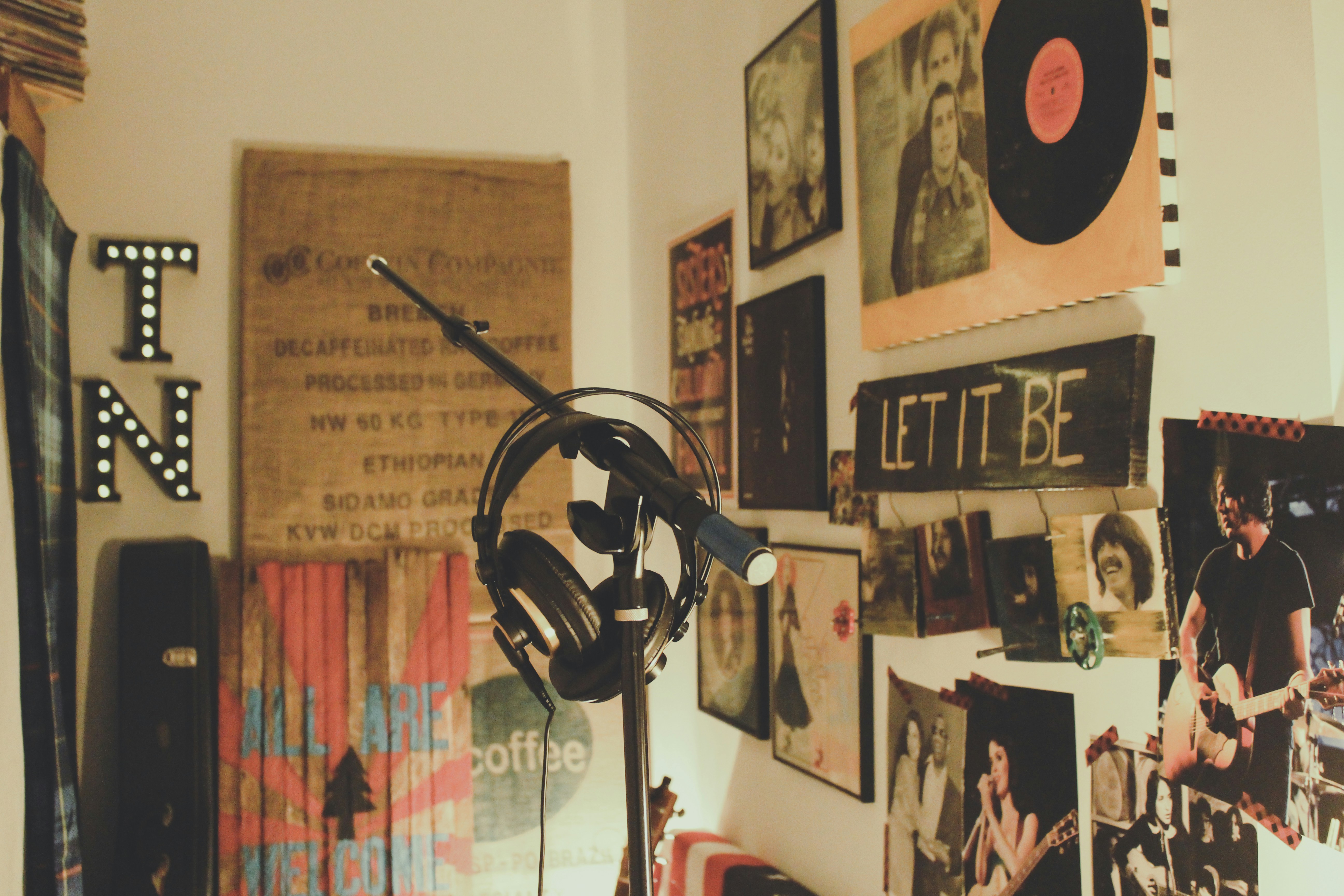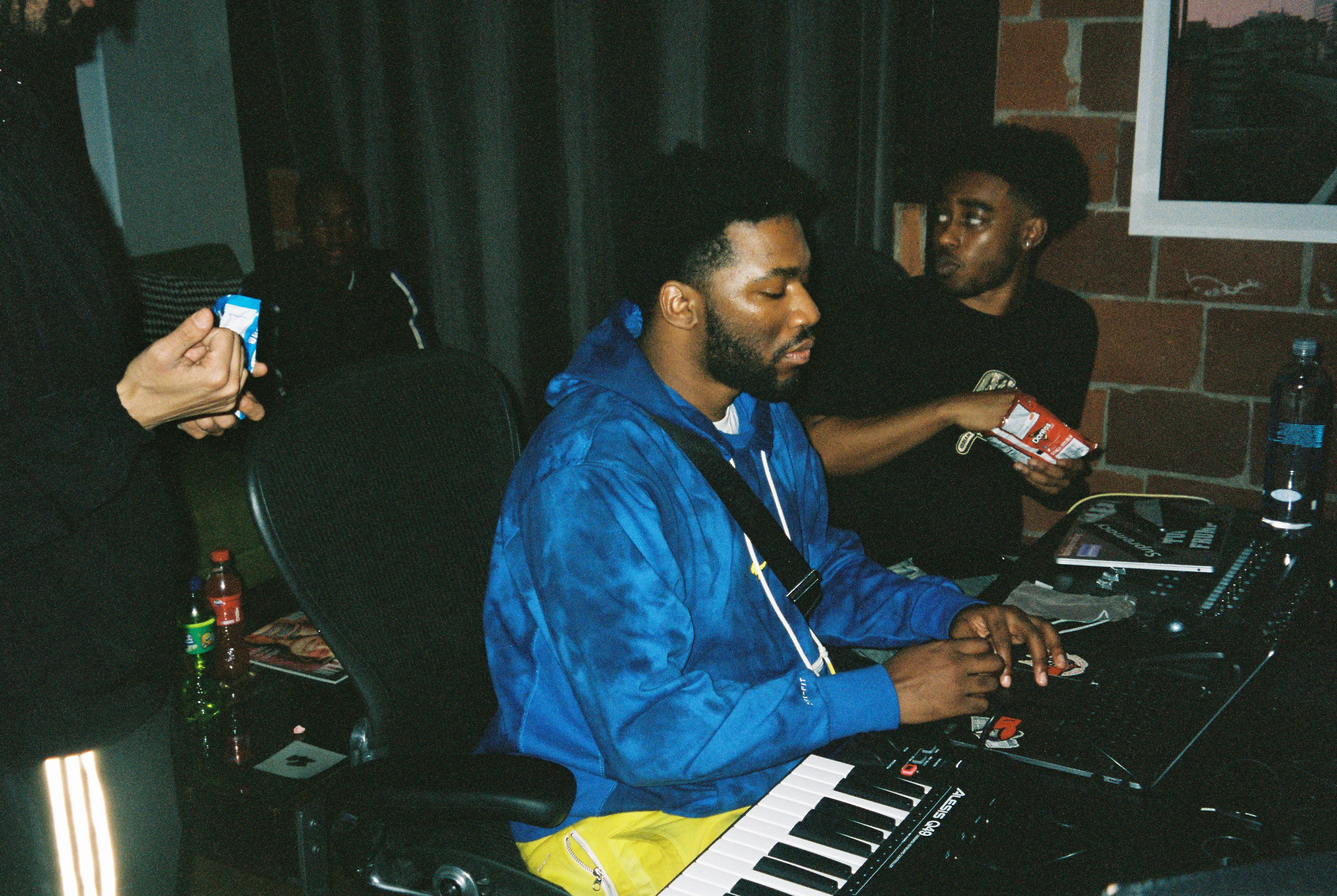What does a music publisher do?
Working with a music publisher may be more beneficial than you think.
For songwriters, music publishing can be beneficial for the monetization, promotion, and royalty management of their creative works. After you've written lyrics or composed a song, publishing is usually the next step in the process.
But what is music publishing? How can independent artists and songwriters publish a song? What are the best music publishing companies?
We answer these questions and more in this blog post.
Let's dive in.
What is a publisher?
A music publisher has a variety of different responsibilities, including networking, marketing, collecting, and negotiating. Our favorite definition is also the simplest:
"Music publishing is the business of protecting and promoting song copyrights, and collecting the royalties these copyrights generate"
- Output.
Music publishers can also play a vital role in connecting songwriters with artists who can record, release, and perform their songs. Once released, these songs produce royalties that track contributors can collect.
What music royalties are available for songwriters?
Songwriters can collect copyright royalties—which include:
Performance Royalties:
Generated from live performances, such as concerts, festivals, and radio plays, or in public places, such as restaurants. On digital streaming platforms, a song generates performance royalties when played.
Mechanical Royalties:
Generated when reproducing songs on physical goods, such as records, CDs, or other merchandise. On streaming platforms, a song earns mechanical royalties when purposefully selected by a listener to play.
Sync Licensing Royalties:
Licensing can be a lucrative avenue for artists. Commercials, video games, and films buy licenses to use songs thus generating royalties. Curious to start licensing your music with Winamp for Creators, this Academy video teaches artists how to access sync licensing for music.
How are music royalties collected?
Collection societies worldwide collect these different royalty types, which publishers and artists then claim. Publishers usually have a network of connections that help them gather all the royalties that belong to a songwriter or artist.
Two of the key relationships a publisher has are with Performance Rights Organizations and Mechanical Rights Organizations.
Performance Rights Organizations:
Also known as PROs, collect Performance Royalties for songwriters, composers, and lyricists. Most countries have their own PRO. In the United States, they are ASCAP and BMI. In the UK, there is PRS.
Mechanical Rights Organizations:
Collect Mechanical Royalties. In the US, they are Harry Fox or MLC; in the UK, there is MCPS. In Europe, only one organization is needed to collect both royalty types. This can be either a Collective Management Organization, such as SACEM in France, or an Independent Management Entity, such as Bridger.
Can I publish my music myself?
Since royalty collection varies around the world—with many organizations, societies, and collection differences—publishing can quickly become complicated. Many times, publishers have built key relationships and networks to claim royalties. These connections enable publishers to collect all the potential revenue available to artists.
Publishing by yourself is possible, but you might miss out on some revenue collection avenues. Personally, we like SongTown's analogy:
"Choosing to work with a publisher is like choosing to go to a mechanic. A mechanic has the training, tools, and expertise to fix your car. You can fix your car yourself, just as you can publish your music by yourself. But you need the right tools, expertise, and connections to do so."
Working with a music publisher may be more beneficial than you think. To find out, let's examine a music publisher's different responsibilities.
What does a music publisher do?
A music publisher's responsibilities fall under four areas:
Acquiring your copyrighted musical works
Protecting these works by licensing them for various uses
Promoting these licenses to sell
Collecting & distributing royalties these licenses generate
The role of a music publisher can vary depending on the contract you sign and the publisher you choose to work with.
For example, "traditional music publishers" take on more of a creative role in publishing music. This can include pitching the song to playlists and sync licenses, coordinating artist collaborations, or even funding the recordings.
On the other hand, "publishing administrators" focus on the essentials of music publishing: registering, licensing, and collecting royalties. These publishers usually charge lower fees since they are doing less for your tracks.
What are the different publishing deals?
Full publishing deal:
As its name suggests, full publishing deals involve songwriters giving all their rights to their publishers. Full publishers are also known as traditional publishers.
Co-publishing deal:
The most popular agreement seen today, co-publishing deals allow songwriters and publishers to split royalties through partial ownership. Typically, the split is 50/50, and these publishers also have some creative control.
Administration publishing deal:
This deal allows artists to retain full ownership of their music. The publisher focuses on the 'administrative tasks' of collecting royalties for an artist. With this deal type, you do not share ownership, so typically, you receive a higher percentage of royalties. However, your publisher will likely charge a commission for their services. If you want to have greater control over your work, you may prefer this deal type.
Of course, whenever you are deciding on which type of deal to sign, it's crucial to research all the options available to you. Every agreement has its pros and cons. Choose the option that works best for your goals and needs.
How to find a music publisher?
Research
The first step to finding a music publisher is to do some research. Find publishers that align with your style, genre, and preferred deal type. Ask other artists in your network for recommendations to ensure you work with reputable publishers.
Connect in-person
Networking face-to-face is just as important as networking online. Look for music events, songwriting competitions, or industry conferences. These offer great opportunities for introductions, networking, and meeting those in the industry.
Create a Portfolio
Showcase your work on a website or on a platform such as Bandcamp. You can even consider creating a professional demo reel to share your best songs, recordings, and lyrics.
Connect on LinkedIn
You may be surprised to find that many music publishers are on LinkedIn. Expand your network by connecting with other songwriters, publishers, and industry professionals.
Share on:
Music Rights
6 minutes
23 Aug 2024
Join Winamp for Creators
Simplify your music journey with tools to release your music, monetize it, and engage with fans.









